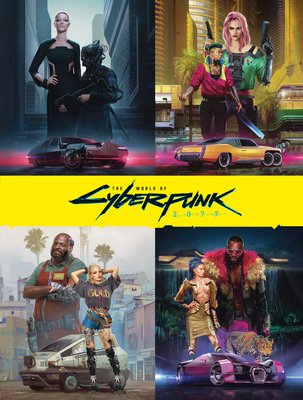
Colossus
by RYAN LESLIE
An economics professor joins a space mission after his girlfriend's mysterious death from a drug that reveals the nature of reality. As the ship malfunctions, he grapples with false memories and a deeper conspiracy, exploring themes of consciousness, parallel realities, and the quest for answers in a complex sci-fi narrative.
In "Colossus," Ryan Leslie has crafted a mind-bending, thought-provoking science fiction epic that explores the nature of consciousness, reality, and the lengths we might go to reclaim what we've lost. This ambitious novel deftly weaves together elements of quantum mechanics, artificial intelligence, space exploration, and the multiverse, creating a captivating narrative that keeps readers engaged from start to finish.
The story follows Clay West, an economics professor grappling with the devastating loss of his girlfriend Karla, who took the enigmatic drug Dying Wish—a substance that supposedly reveals the true nature of reality just before claiming the user's life. Driven by grief and a desperate need for answers, Clay embarks on a deep space mission aboard the ship Child in the Dark. As the journey unfolds, Clay and the surviving crew members face a series of challenges and mysteries, including malfunctioning systems, suspicious mission objectives, and haunting memories that suggest Clay may have been on this ship before.
One of the standout features of "Colossus" is Leslie's ability to tackle complex scientific concepts and make them accessible to readers. While the book delves into quantum mechanics, parallel universes, and the nature of consciousness, Leslie's clear and engaging prose ensures that even those with a limited background in these subjects can follow along and remain invested in the story.
The novel is divided into three distinct parts, each offering a unique perspective and contributing to the overall narrative. The first part introduces Clay, his relationship with Karla, and the mysterious circumstances surrounding his presence on the ship. The second part provides a deep dive into the backstory, offering context and exploring the origins of the ship and its mission. While some readers may find the pacing in this section slightly slower, it is essential for understanding the full scope of the story. The final part brings the various threads together in a mind-bending, thrilling conclusion that will leave readers pondering the nature of existence long after turning the final page.
Throughout the novel, Leslie crafts a cast of compelling characters, each with their own motivations, flaws, and quirks. From the brilliant yet haunted Clay to the enigmatic AI Justine, the characters feel authentic and relatable, even as they navigate extraordinary circumstances. The interactions between the characters, particularly the exchanges between Clay and Justine, are a highlight of the book, injecting moments of humor and levity into an otherwise intense and cerebral narrative.
While "Colossus" is undeniably ambitious in its scope and ideas, Leslie manages to maintain a strong emotional core throughout the story. At its heart, this is a novel about love, loss, and the lengths we might go to reclaim what we've lost. Clay's journey is as much an emotional one as it is a physical and intellectual one, and Leslie expertly balances these elements to create a deeply affecting and resonant story.
In conclusion, "Colossus" is a triumph of intelligent, imaginative science fiction that pushes the boundaries of the genre while remaining grounded in relatable human experiences. Ryan Leslie has created a world that is both awe-inspiring and terrifying, populated by characters that feel authentic and fully realized. With its mind-bending concepts, emotional depth, and masterful storytelling, "Colossus" is a must-read for fans of thought-provoking, visionary science fiction. This is a book that will stay with readers long after they've turned the final page, inviting them to ponder the nature of reality, consciousness, and the indomitable human spirit.
Copyright ©2024 Hidden Sci-Fi






